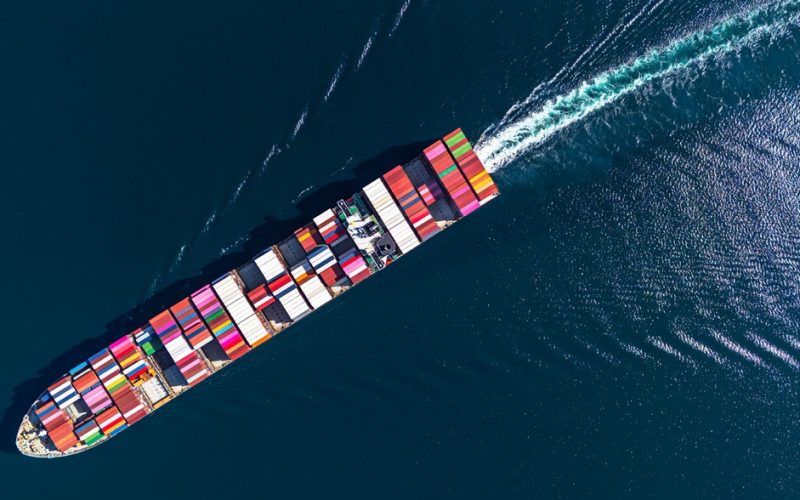by Carl Tannenbaum, Vaibhav Tandon, Ryan Boyle, Economic Team, Northern Trust
Last week, the International Monetary Fund (IMF) issued an updated World Economic Outlook. In it, the IMF edged up its global growth forecast for 2025, suggesting that U.S. tariffs haven’t turned out to be as damaging as the Fund anticipated in April. Yet the IMF was unequivocal in its warning: trade policy uncertainty and fragmentation have become the defining risks to the global economic landscape.
What distinguishes the current episode from previous rounds of protectionism is its breadth and unpredictability. While 2018-19 trade policy measures were focused on China, this year’s shift has seen broader-based tariff hikes affecting a much wider array of America’s commercial partners.
Trade is the overarching theme shaping global growth prospects.
This has been accompanied by a notable escalation in policy uncertainty, marking a fundamental shift from a truly global trading system to one that is a patchwork of bilateral deals and ad hoc arrangements.
These developments are not only weighing on investment and consumption, but are also casting a shadow over longer term growth prospects. Fragmented supply chains and slower sharing of technology will make it harder for economies to become more productive. The net result will be a drag on global growth that is both immediate and cumulative. Even as some tariffs have moderated, the IMF’s projections are for global growth to remain below pre-policy-shift forecasts.

While the IMF acknowledged the progress emerging markets have made in strengthening their policy frameworks and bolstering resilience to external shocks, trade fragmentation is seen as a significant threat for these nations. For economies that rely on global integration as a pathway to prosperity, the breakdown of open trade is a structural roadblock. Without a reversal of this trend, the prospect of income convergence with advanced economies risks slipping further out of reach.
Without bold steps to reduce trade policy uncertainty and push back against growing disintegration, the global economy could find itself stuck in a rut marked by sluggish growth, frequent bouts of volatility and fewer opportunities for shared prosperity. The world cannot afford to let uncertainty become the status quo.
Copyright © Northern Trust














